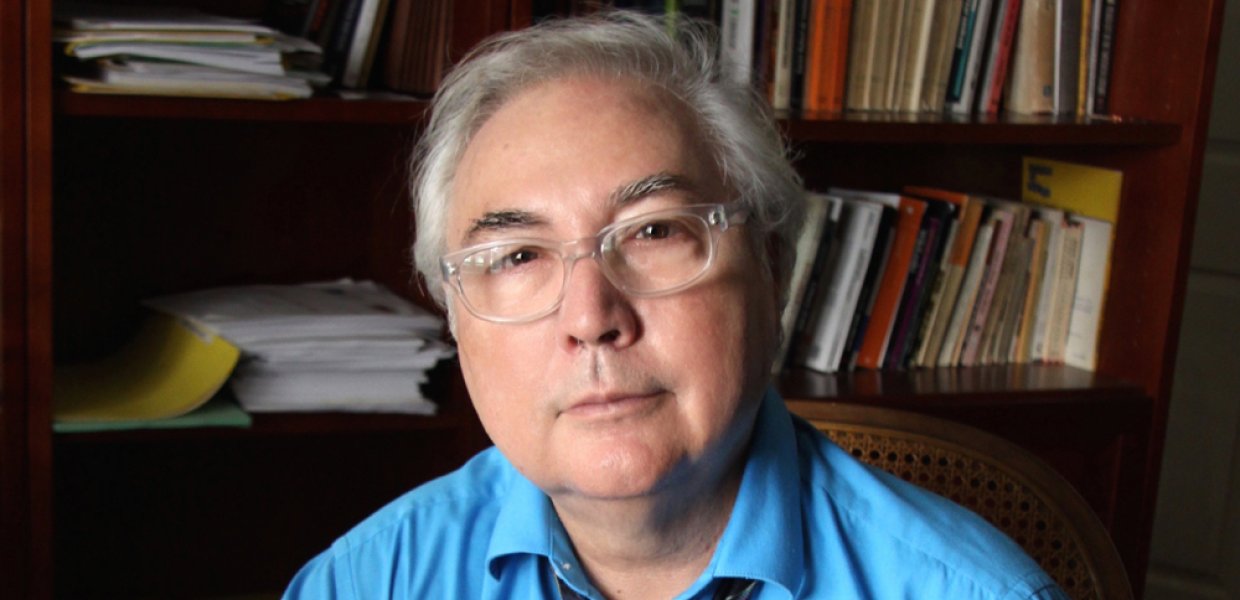Manuel Castells, University Professor and Wallis Annenberg Chair in Communication Technology and Society at the USC Annenberg School for Communication and Journalism, has been appointed minister of universities for the newly formed government of Spain. He will oversee policymaking and funding for Spain’s 50 public universities.
One of the world’s leading scholars of how information and media technology affect human lives and societies, Castells is the author of more than 30 books, including the influential trilogy The Information Age. Among many honors, he earned the 2012 Holberg Prize from Norway, which lauded him for having defined “our understanding of the political dynamics of urban and global economies in the network society.”
“This appointment speaks to the tremendous respect Professor Castells commands as a scholar and academic leader — in Spain, in the United States, and around the world,” said Willow Bay, dean of USC Annenberg. “His colleagues here at USC know that higher education in his home country will benefit greatly from his incredible knowledge, talent and drive.”
As part of a coalition government led by Spanish Socialist Workers’ Party Prime Minister Pedro Sanchez, Castells says he will likely be in charge of steering what Sanchez has called a “New National Contract for the University,” which will include representatives of the national government, parliament, regional governments, student representatives, business associations, trade unions, and civil society at large. Castells will also coordinate Spanish university policy with the governments of other European Union countries.
As Spain is a constitutional monarchy, the government was sworn in by the king on Monday, Jan. 13. Castells will retain his faculty appointment at USC Annenberg, but will take an unpaid leave of absence to serve the Spanish government.
“While my true joy is to teach, research, and work with my students USC Annenberg, sometimes, as I have in the past, I hear an ethical call that compels me to serve for the benefit of humankind — be it in Spain, in the United States, in Europe, and in the world at large,” Castells said. “I look forward to returning to my academic life after making a contribution to public service in the midst of a fundamental crisis of sustainability, democracy, and moral values, regardless of the personal sacrifices that this service implies.”
Josh Kun, director of the School of Communication and Chair in Cross-Cultural Communication, said he is thrilled Castells has been asked to serve in this distinguished capacity.
“Professor Castells’ new position is a true testament to the impact of his scholarship,” Kun said. “We are honored that he will remain on our faculty.”
In an interview with Times Higher Education, Eric Klinenberg, a professor at New York University and former student of Castells, described his onetime professor as “an intellectual giant, one of the most influential urban scholars in history, and a rare scholar whose work has shaped debates on every continent.”
Castells holds joint appointments in USC’s Department of Sociology, School of Policy, Planning, and Development, and School of International Relations. He is also professor emeritus at University of California, Berkeley, where he was professor of city and regional planning and professor of sociology from 1979 to 2003 before joining USC.
